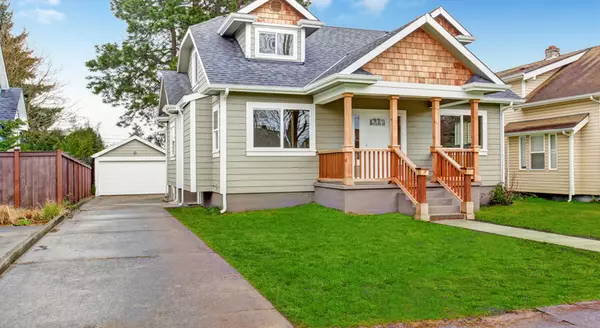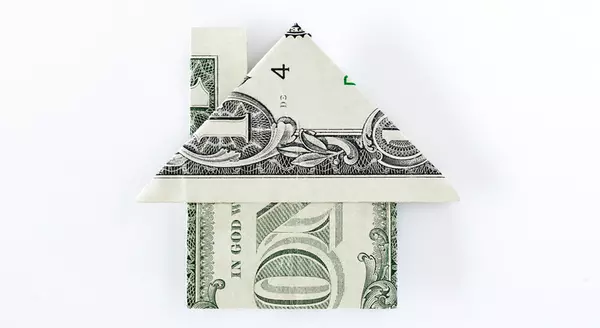
Home prices aren't declining but the news makes you think they are!
If you’ve seen the news lately about home sellers slashing prices, it’s a great example of how headlines do more to terrify than clarify. Here’s what’s really happening with prices. The bottom line is home prices are higher than they were a year ago at this time, and they’re expected to keep rising,

Ways to use your tax refund when you buy a home!
Have you been saving up to buy a home this year? If so, you know there are a number of expenses involved – from your down payment to closing costs. But did you also know your tax refund can help you pay for some of these expenses? As Credit Karma explains: “If one of your goals is to stop renting an

Should I move with todays mortgage rates?
When mortgage rates spiked up over the last few years, some homeowners put their plans to move on pause. Maybe you did too because you didn’t want to sell and take on a higher mortgage rate for your next home. But is that still the right strategy for you? In today’s market, data shows more homeown

What are experts saying about the Spring Housing Market?
If you’re planning to move soon, you might be wondering if there'll be more homes to choose from, where prices and mortgage rates are headed, and how to navigate today’s market. If so, here's what the professionals are saying about what’s in store for this season. Odeta Kushi, Deputy Chief Economist
Categories
Recent Posts











